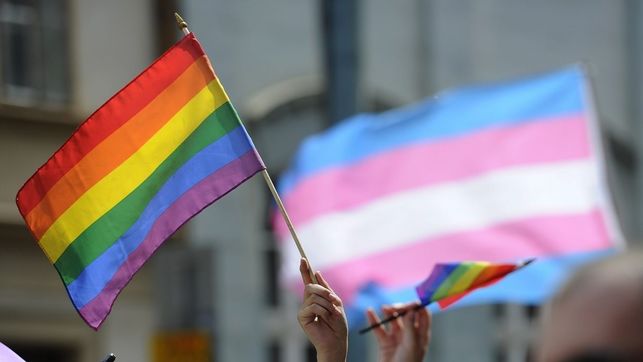187 of organisations call on States to protect LGBTI persons’ human rights in the context of COVID-19 outbreak
The pandemic is exposing and deepening existing discrimination, violence and other human rights violations on the basis of SOGIESC, organisations tell the Human Rights Council Today, Race and Equality joined a coalition of 187 organisations to draw the attention of the UN Human Rights Council to the situation of LGBTI persons and those […]

The pandemic is exposing and deepening existing discrimination, violence and other human rights violations on the basis of SOGIESC, organisations tell the Human Rights Council
Today, Race and Equality joined a coalition of 187 organisations to draw the attention of the UN Human Rights Council to the situation of LGBTI persons and those who defend their rights in the context of the COVID-19 pandemic outbreak.
In line with the call to action signed by 96 human rights experts, organisations working for the protection of the human rights of persons of diverse sexual orientation, gender identity and expression and sex characteristics (SOGIESC) globally have urged States and stakeholders to ensure that this public health emergency will neither exacerbate existing misconceptions, prejudices, inequalities or structural barriers, nor lead to increased violence and discrimination against persons with diverse SOGIESC.
The current public health crisis caused by the spread of COVID-19 is a global emergency with far-reaching social, economic, and ecological implications for us all. At the same time, there is clear and growing evidence that State responses in the delivery of healthcare, the implementation of lockdown measures and policies designed to mitigate economic consequences have disproportionate and discriminatory impacts on marginalised groups, including LGBTI persons. The pandemic is exposing and deepening existing discrimination, violence and other human rights violations on the basis of SOGIESC.
While acknowledging that actions to combat the COVID-19 pandemic are urgent and necessary, States must ensure to comply with international human rights obligations in responses to the outbreak and the vulnerabilities of specific groups – including LGBTI persons – must be taken into account. To achieve this, the design, implementation and evaluation of State responses to this emergency must be done in consultation with civil society and defenders working for the protection of the rights of LGBTI persons.
[/vc_column_text][/vc_column][/vc_row]

